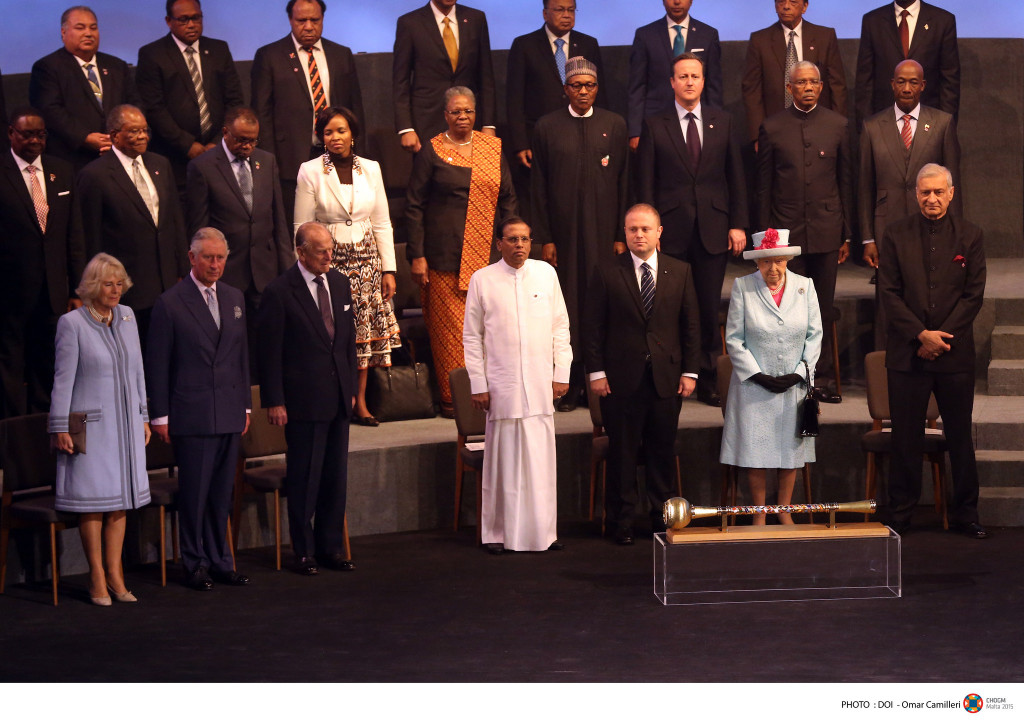By Sue Onslow, Senior Research Fellow, ICwS
By voting to leave the European Union, Britain’s future relationship with its fellow Commonwealth members has assumed both a greater significance and a greater degree of uncertainty.
Before the poll, the uniform message from the other leaders of the 53-member association had been a desire for Britain to remain a member of the EU. To the Commonwealth, Britain was a powerful and privileged member within the EU trading bloc, with considerable opportunities for diplomatic leverage in broader Commonwealth interests.
But unlike their political leaders, Commonwealth citizens in Britain who were entitled to vote in the referendum (the approximate number varied between 890,000 and 960,000) were by no means a monolithic bloc supporting the Remain camp.
Trade matters
Britain’s trade with its fellow Commonwealth members has been a relatively steady 10% of the UK’s GDP for the past decade, with five Commonwealth countries representing the bulk of that trade statistic: India, Australia, Canada, Singapore and South Africa.
There have been press reports of Australian, New Zealand and Indian interest in free trade arrangements with Britain post-Brexit – but no mention of whether this would come with stipulations for larger migration from these countries than are currently permitted under British visa regulations.
Much was made at the last Commonwealth Heads meeting in Malta in November 2015 of a Commonwealth £1 billion green finance facility, and considerable visibility of the Commonwealth Business Forum to promote intra-Commonwealth trade. The logic of this is sound: across the Commonwealth there are similar legal systems, a common language, as well as comparable commercial and regulatory terminology (with the exception of new members Rwanda, Mozambique and Cameroon).
Yet, analysts point to evidence that growth in emerging economies within the Commonwealth has slowed in the last two years, directly associated to the fall in commodity prices. And as the UK is an important trading partner for African economies – arrangements which are mostly governed by the EU – these will need to be renegotiated. This is likely to be a protracted and painstaking process, risking considerable uncertainty.
The Caribbean states are pessimistic that the task of negotiating bilateral arrangements with these small island states via the World Trade Organisation will come very low on Britain’s trade negotiation priorities, and their economies may suffer accordingly.
Aid on the line
The debate about the future of Britain within the Commonwealth goes further than trade. Commonwealth government leaders were firmly of the view that Britain within the EU represented a positive force in the development debate in both financial and influence terms – and in ensuring the EU’s role as the world’s largest multilateral donor followed a more progressive agenda.
Britain’s contribution to the EU aid budget has been substantial. In 2014, the Department for International Development (DFID) distributed £1.14 billion of aid through the European Commission, including £328m through the European Development Fund.
So the view from Africa is pessimistic both about an expected aid shortfall, and that the removal of British influence (from British government departments, NGOs and think tanks) on areas of development spending will have direct implications for achieving the Sustainable Development Goals.
It’s also not clear yet whether Britain’s protected development budget, ring-fenced by law at 0.7% of GDP, will be reviewed. The chancellor of the exchequer, George Osborne, warned on July 1 that sterling instability and financial losses would impact directly on Britain’s economic performance, and so returning to surplus by 2020 was no longer feasible. This was accompanied by a warning of either raised taxation or reduced government spending. In this context, the aid budget poses a prominent possible political target for cuts in the autumn budget, and Britain’s bilateral aid for fellow Commonwealth countries is likely to be hit.
Through DFID, Britain is the principal funder for the multilateral organisation’s principal administrative arm, the Commonwealth Secretariat, providing £5.3m of the total £16.3m budget in 2014. It was also the largest contributor to the Commonwealth Fund for Technical Cooperation.
So, if the UK economy suffers as a result of Brexit, there is a very real prospect of a cut of British funding to the Commonwealth Secretariat, with a direct impact on staff numbers and areas of engagement and expertise.
Power politics
It must be underlined that the Commonwealth is not there for Britain’s taking. The UK has always had a complex relationship with the modern Commonwealth: the other members are both sensitive to any appearance of British governments or officials “throwing their weight around”, but also interested in British support for their own national interests.
British governments have been cautious about taking a lead in the Commonwealth as they risked being accused of a post-imperial plot. This has not meant British diplomatic quiescence: the debt forgiveness idea which culminated in a large-scale debt relief programme in 2005 was a heavily disguised British idea, wrapped up as a Commonwealth initiative. Yet, despite what some politicians might hope, the Commonwealth does not offer a platform for the overt pursuit of British national interests.
These are uncertain times in intra-Commonwealth relations. It’s possible that as well as threatening the future of the UK and the cohesion of the EU, the Brexit vote also threatens the socio-economic development and therefore the political stability of a number of Commonwealth countries.
This article was originally published on The Conversation. Read the original article.


Recent Comments